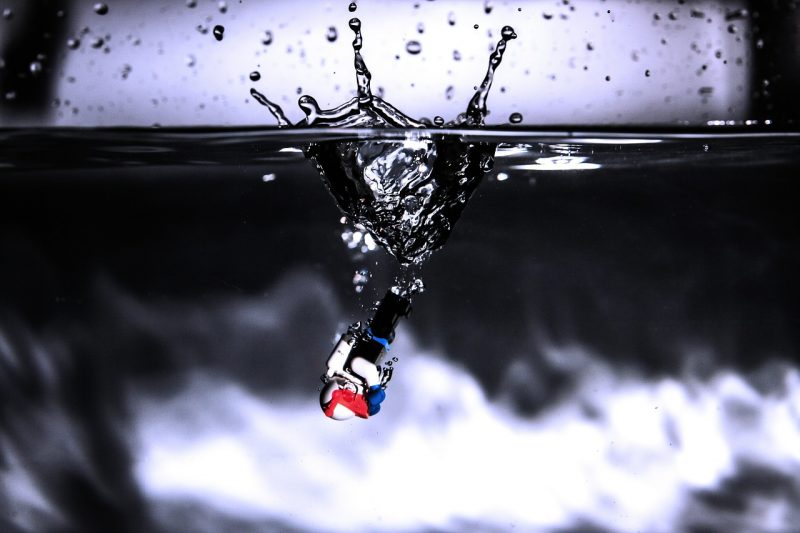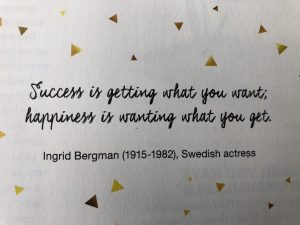The key to achieving more is knowing that you need to manage. You manage things and lead people, so the only person amazing managers manage is themselves. Understanding this is the key to getting the most out of each day.
Below are 5 ways I make the most out of my days. Try them for yourself, I think you’ll be amazed at how much time you then have.
1. Understand who you are. A few years ago in a new role, I became frustrated by office politics and decided to learn from Oliver James’ book Office Politics: How to Thrive in a World of Lying, Backstabbing and Dirty Tricks. It opened my mind to modern human psychology and enabled me to better deal with my surroundings. While this was going on I became a father for the first time and wanted to do what I could to be a great parent. I looked into another book by Oliver James, They F*** You Up: How to Survive Family Life. This helped me realize I have default reactions to certain situations as well as why I have them. Over the next 6 months, I began to truly understand myself, how I react around others and how to recognize the signals so I can better adapt. I am now the greatest manager I have ever had.
2. Personal Kanban. This book: Personal Kanban – Mapping Work | Navigating Life changed everything for me (I favour Trello for my Kanban in case you’re interested in a great tool). Once I mastered personal Kanban, I became hugely effective at managing things and getting them done. Personal Kanban is based around just 2 principles: Visualize your work and Limit your work-in-progress. Get the book, learn, take action and get things done, this is step 2 to being a great manager.
3. Practice the Pomodoro technique. The Pomodoro technique is about completing 25 minutes of continuous uninterrupted work, followed by a 5 minute break. Science claims that it has cracked the code to our brain and that 20 – 45 minute intervals can maximize our attention and mental activity if followed by a short break. It works for me and millions of others, make sure it’s part of your management toolbox.
4. Understand and practice the principles of Peter Drucker’s Effective Executive. Drucker’s whole book is based on managing yourself for effectiveness. Don’t be fooled by the outdated title and the fact it was written in 1967. In today’s age, when so many talk of productivity, it’s refreshing to go back to Drucker and see productivity is primarily for machines and process, the real magic for humans is effectiveness. The best summary I’ve used is here: https://hbr.org/2004/06/what-makes-an-effective-executive. Read this, get the book for reference and make yourself truly effective.
5. Become an Essentialist. The art of essentialism has been described in a remarkable and practical way by Greg McKeown in his book Essentialism: The Disciplined Pursuit of Less. I do less, but better, it’s the way of the essentialist. Doing this enables me to make the highest possible contribution. Try it for yourself, it’s an essential part of effective management.
Marcus Aurelius said in his meditations:
“If you seek tranquillity, do less. Or (more accurately) do what’s essential…Which brings a double satisfaction: to do less, better.”
Lastly, I’d be doing this list a disservice by not highlighting mindfulness. A somewhat over used and at times, misunderstood term that describes the energy of being aware and awake to the present moment. I meditate every day; I haven’t included meditation in the above list as it’s not something everyone needs in order to be a great manager. For me however, it’s enhanced my effectiveness. Thich Nhat Hanh describes in his book How to Relax what true meditation is
“…to pay full attention to something. An opportunity to look deeply into ourselves and into the situation we’re in”
This can be a key part of understanding who you are, the first step to making the most of each day..
Note: This is an updated version of one of my most popular LinkedIn posts from early 2017.




